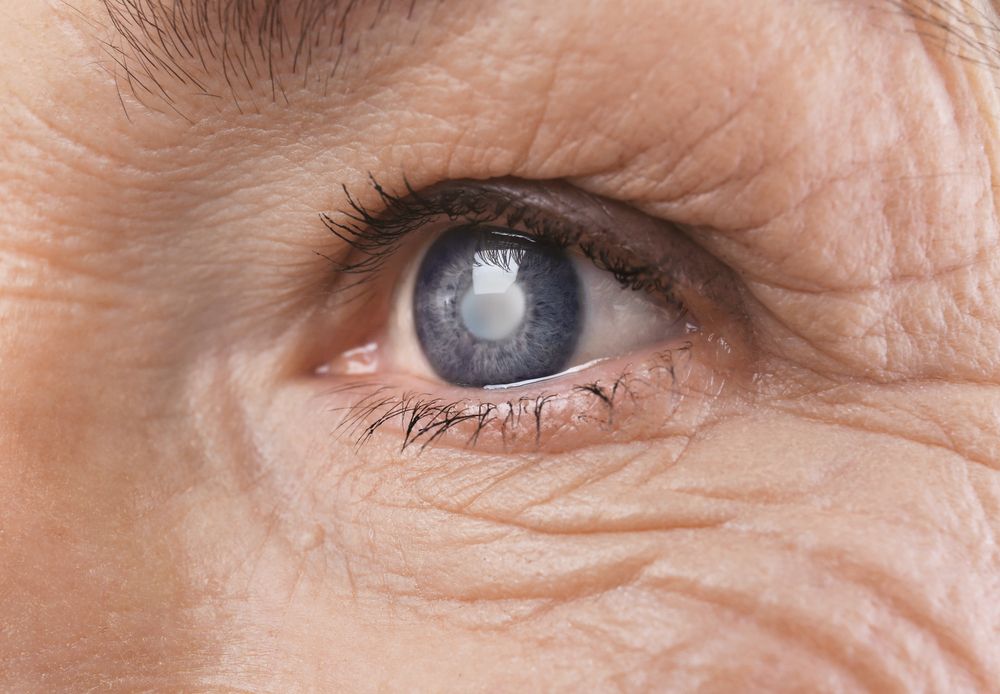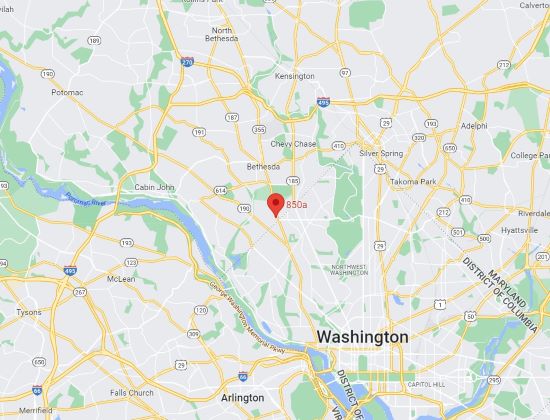Laser eye surgery has helped countless people see clearly without the need for corrective lenses. That may explain why so many people in the Washington, DC area have come to our practice for laser vision correction.
PRK (photoreactive keratectomy) is a forerunner to LASIK; the latter of which is one of the most popular laser eye surgeries offered today. PRK candidates are often poor candidates for LASIK for a variety of reasons but can benefit from refractive surgery. As it turns out, one of the reasons is age. Let’s take a moment to explore this issue.
What Is PRK?
PRK (photoreactive keratectomy) is a laser vision correction procedure that helps treat refractive errors, which you may know better as myopia (nearsightedness), hyperopia (farsightedness), and astigmatism. The procedure uses lasers to alter the shape of the cornea, improving the passage of light through the eyes in process and enhancing vision quality.
PRK vs. LASIK
The primary difference between PRK and LASIK has to do with the epithelium. In LASIK, a flap is created in the epithelium in order to access the cornea and reshape it. Both surgeries effectively work the same way, though the recovery period for PRK tends to be a little longer, and the side effects just a bit more severe.
Presbyopia and Middle Age
While PRK can address refractive error quite effectively, it’s important to consider presbyopia. This age-related form of farsightedness is the result of the hardening of the lens of the eyes. This occurs unavoidably and is a natural part of getting older. Presbyopia is the reason why people wind up needing bifocals or multiple pairs of glasses.
Monovision Correction for Presbyopia
PRK can also be used as part of treatment for presbyopia. The procedure is known as monovision. During monovision, one eye is corrected for distance and the other is corrected for near vision. By doing this, the vision issues caused by presbyopia can be corrected.
Monovision can be achieved through LASIK, PRK, or contact lenses. As part of the consultation process, we will give patients contact lenses to simulate the effect of monovision. If patients tolerate this well, we can then discuss undergoing monovision surgery.
Is PRK Right for Me?
The best way to find out if PRK is right for you and your needs is to visit our practice for an eye exam and full consultation. We will go over all of your options for treatment and discuss all of the risks and benefits involved. If PRK is a poor option for your needs, we can discuss the use of corrective lenses and other vision correction options.
Learn More About PRK
For more information about PRK and whether or not refractive surgery is right for you, be sure to contact our laser eye care and vision center today. Andrew E. Holzman, MD FACS and his entire team are here to help you make smart choices about your vision and eye health.




